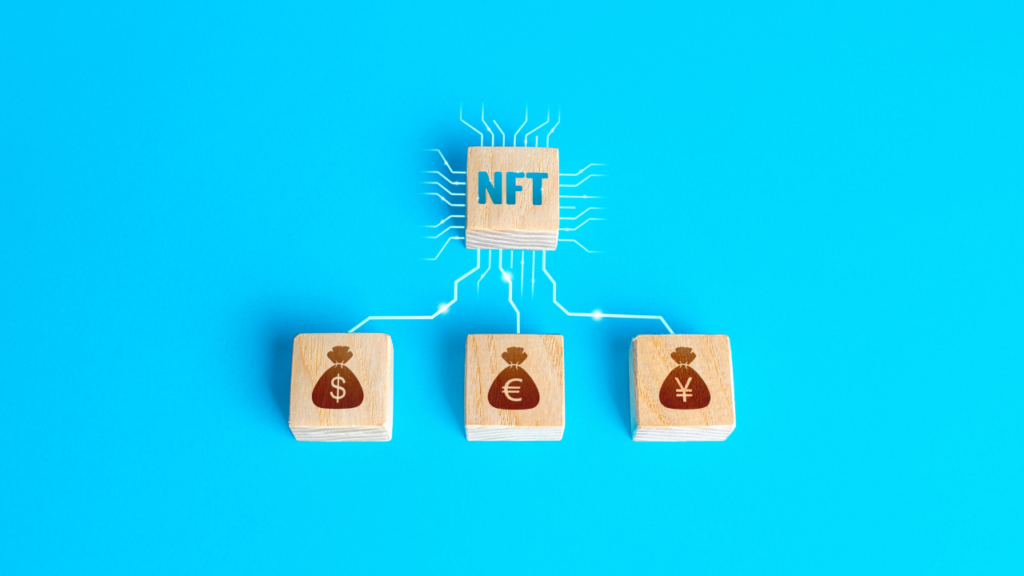NFTs and blockchain technology give artists and content creators a different way to make money from their work. Even though galleries and auction houses are no longer necessary, artists can now sell their art without relying on them to sell it. Alternatively, their art can be sold to the customer directly as an NFT.
This allows them to store more money they make. When their art has been sold to another owner. artists can set up royalties so they get a share of the money. This is a good thing because artists usually don’t get any more money once they have sold their art.

Purpose of NFTs
People make profits from cryptocurrencies like bitcoins and trade them through platforms like Bitcoin Trader. However, there are many ways to make a profit from NFTs as well. Brands like Taco Bell and Charmin, for example, have sold themed NFT at auction and raised great funds for charity. Charmin’s offering was dubbed “NFTP” which is known as non-fungible toilet paper.
Moreover, the NFT art of Taco Bell was sold out quickly. Here, the highest bids were said to be around 1.4 WETH (wrapped ether), or $3,723.83 when it was written. Nyan Cat was being demanded about $580,000 in February. This shows the actual worth of NFT.
Celebrities such as Lindsay Lohan and Snoop Dogg have started working on the NFT project. They have generated exceptional memories, moments, and artwork as securitized NFTs.
NFT Rights Are Limited To The Owner
NFTs enable owners with limited collections or work to directly reach their target audience. Previously, it was not easy to sell anything, for example, the ever-famous taco-themed GIF or the first tweet someone made, or any art piece available online.
Now cultural organizations, individuals, and companies can do the same if they own that particular item. Moreover, the creator can also follow this because copyright stems from a work that is created originally and how it reflects the intellectual creation of the author.
When a person purchases an NFT from the one who created it, they acquire ownership rights because they own that property now. Now, what is an NFT? It’s a certificate of ownership that exists digitally and represents the digital asset’s purchase. It can also be easily traced on blockchain.
Moreover, the person who holds NFT doesn’t have other rights, including the ones that are provided under copyright law. For example, the right to communicate to the public (meaning, making the digital asset accessible to the masses), or the reproduction or adaptation rights. Also, the case is the same if you purchase any physical collectibles.
If you own a painting, it does not grant you the right to showcase it in public. Moreover, you cannot sue anyone for copyright or infringement if they reproduce your image displayed in the painting and didn’t take your permission. If you want such rights, you need to become the copyright owner or at least have the creator give you the copyright either signed or in writing.
There’s also an issue with online content – it can easily be reproduced, copied, or shared with anyone. Those who buy NFTs have to understand that if they get involved in such activities and don’t take permission from the right holder, it will also be counted as an infringement. However, there is one way with which these rights can easily be transferred and that is through the embedded terms in NFTs that exist in the shape of a license.
Buyers also get the copyright that they can use in a limited manner in some NFTS. Take CryptoKitties for example. The owners of their NFTs were granted permission to make around 100,000 US dollars in gross revenues every year. Looking at other situations, creators also have restricted the work done commercially.
Concluding
To conclude, buyers need to have a clear idea that the reason for them buying NFTs is that they are an amazing investment and with NFTs, they get the chance to have something different from the artist they really liked or sports team, brand, etc.
